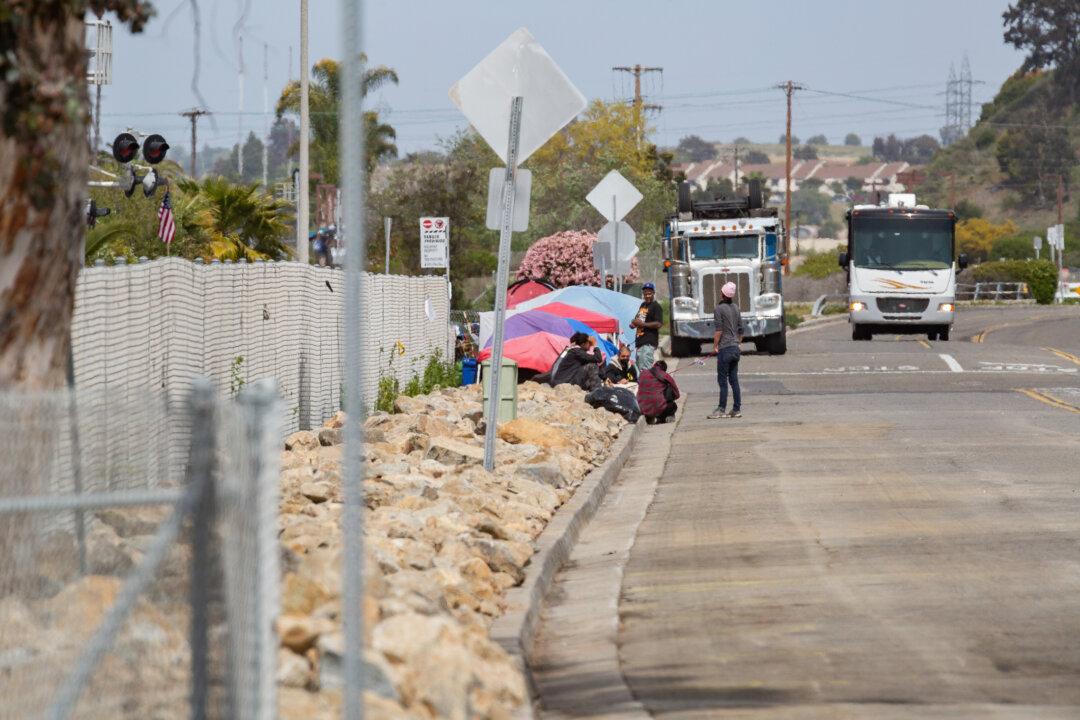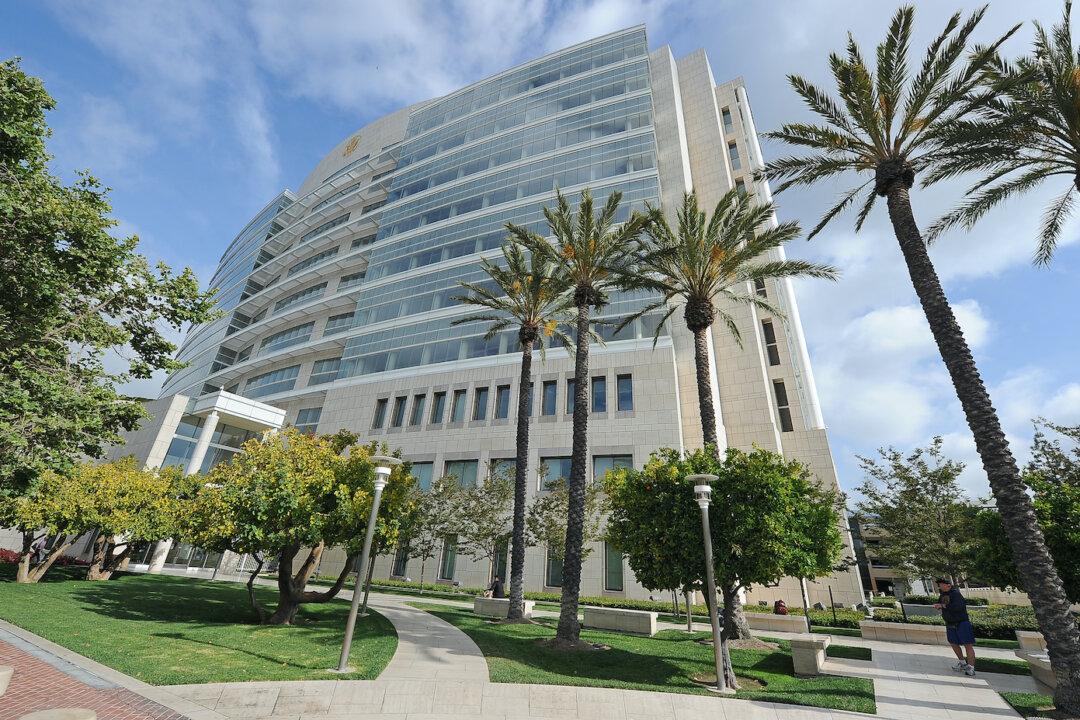The San Diego County Board of Supervisors voted 3–1 to apply for more state funding to purchase four hotels to convert into permanent housing for the homeless during its May 23 meeting.
The supervisors did not say, at this time, how much they plan to seek from California’s Homekey funds, which are designated to create housing through construction or the purchase of hotels, motels, or other buildings.




